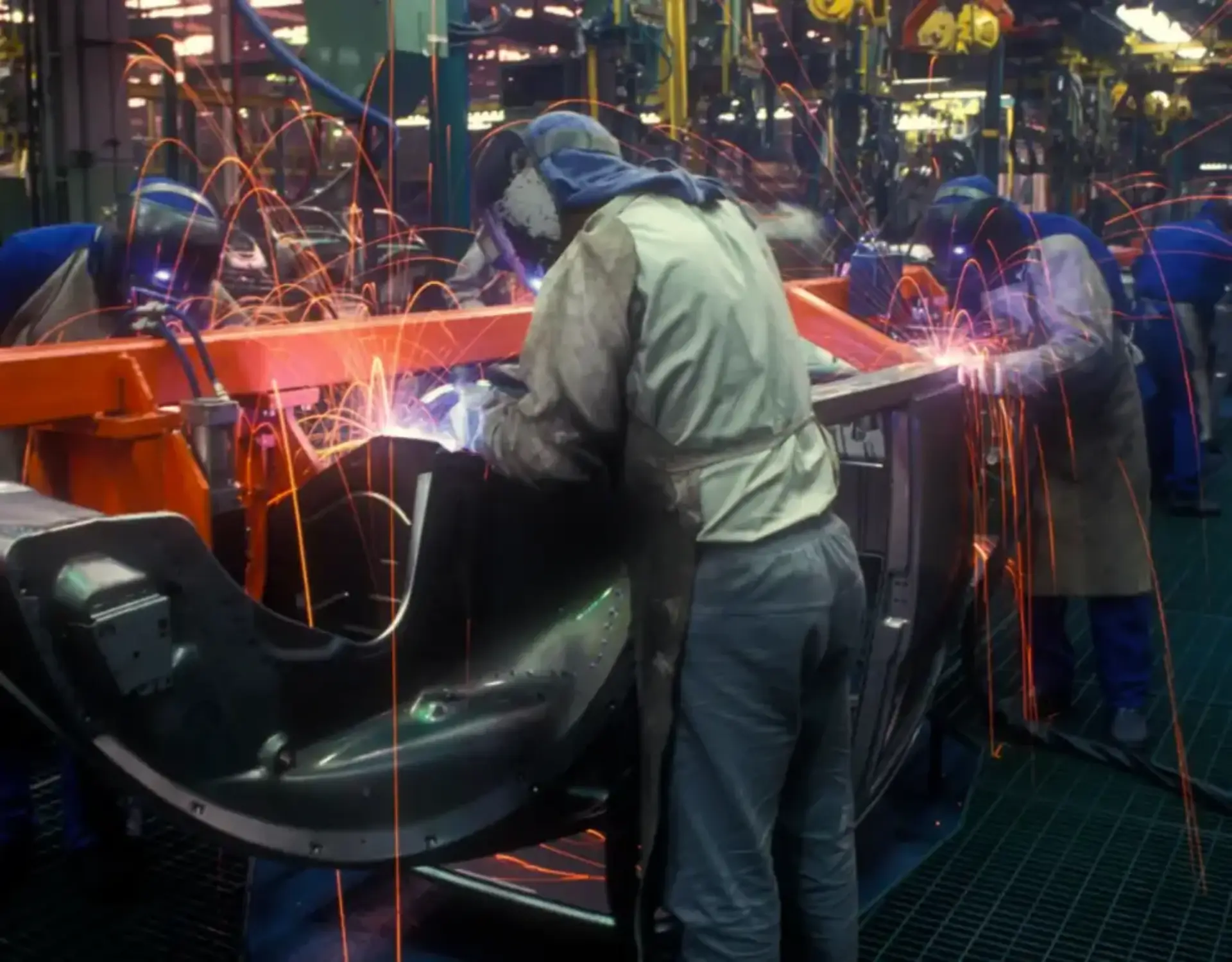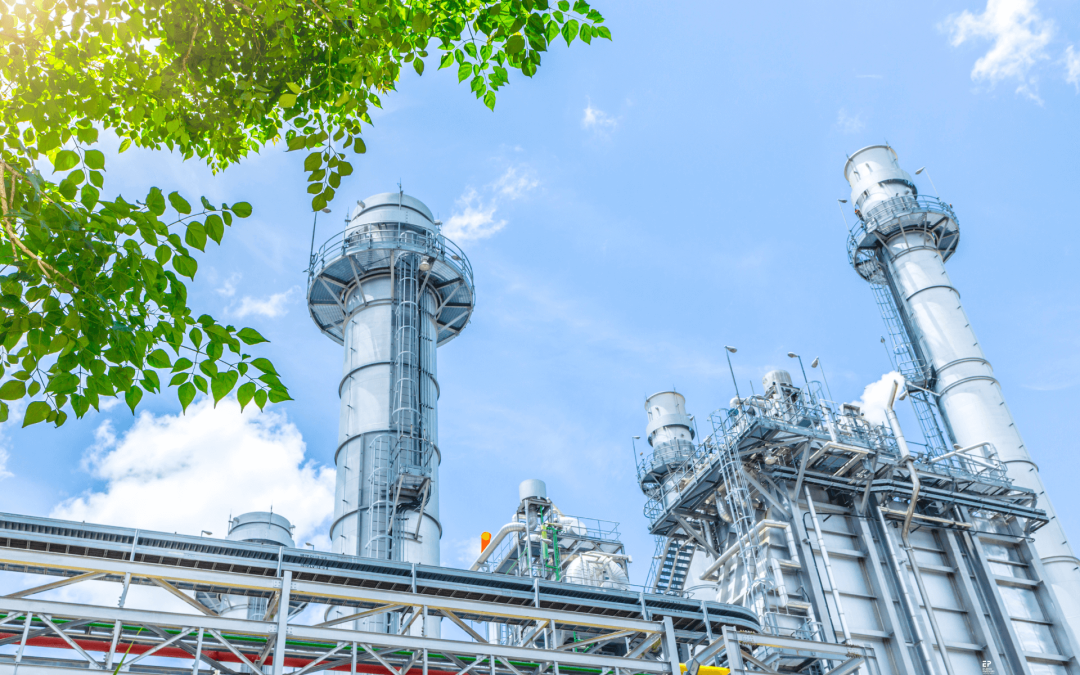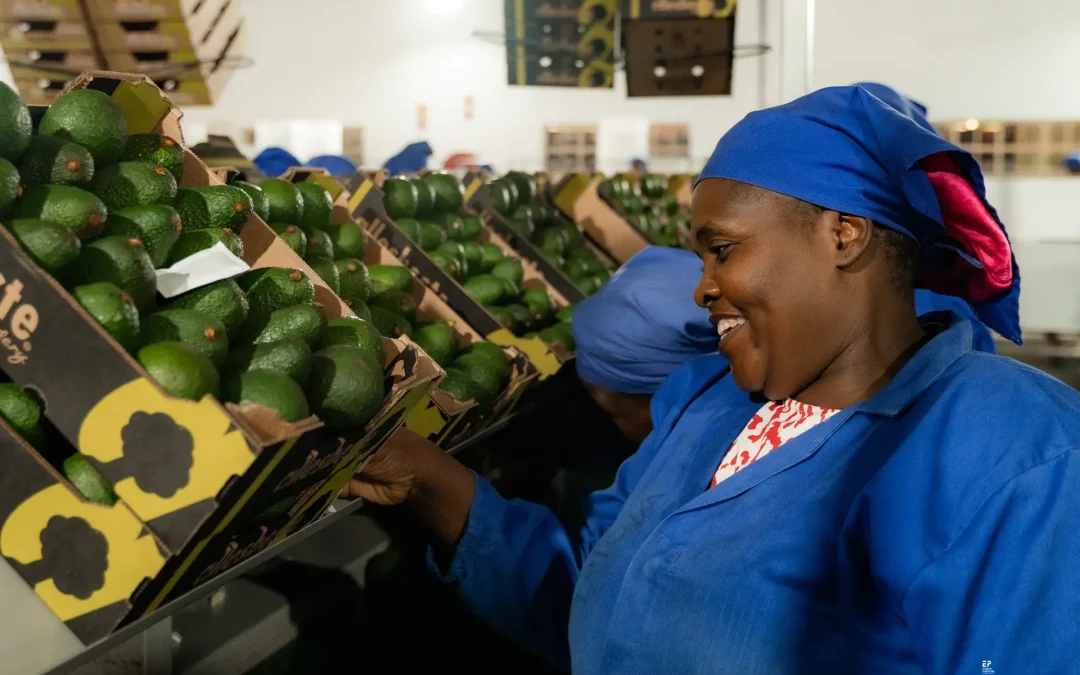As the world races to net-zero emissions by 2050, the global automotive industry is at a crossroads, facing the unprecedented challenge of rethinking strategies, cultures and products as it navigates the complex landscape of decarbonisation.
Industry stalwarts such as Mercedes-Benz, Volkswagen, BMW and Ford, have set ambitious targets to curtail Scope 1, 2 and 3 emissions, aligning with the need to decarbonise before 2030 when the European Union (EU) will cease to import internal combustion engines. South Africa’s robust automotive industry, a cornerstone of the nation’s economy, is no exception to this transformative shift, and finds itself at a critical juncture.
The industry contributes 4.9% to the GDP, accounts for 12.4% of the country’s exports, and employs around 110,000 people according to 2018 figures. The sustainability challenge is no longer a peripheral concern, but a strategic and operational priority, and failing to address it will have profound implications for the economy, local jobs and the industry itself.
Government initiatives and industry commitment
Fortunately, strides are already being made to mitigate the looming paradigm shift.
At the governmental level, Deputy Finance Minister David Masondo recently unveiled plans for fiscal support aimed at facilitating the industry’s transition toward producing electric vehicles. The funding will be allocated in the October 2023 mid-term budget.
Meanwhile, the National Automotive Association of South Africa (NAAMSA) has revealed that 16 automotive component manufacturers have committed to invest R4.86 billion into the domestic economy up to December 2024. The associated employment impact of the investments equals more than 10 000 new and maintained jobs.Among these future-focused companies is Atlantis Foundries (AF), which produces automotive castings for the commercial vehicle industry. AF’s Power Purchase Agreement (PPA) with Energy Partners (EP) for the Western Cape’s largest embedded generation solar project sets a promising precedent. The CO2 emissions savings from the project are expected to be the highest in the South African auto industry.
While these efforts are laudable and a step in the right direction, 2030 is around the corner, and actionable steps must be taken by more automotive manufacturers and suppliers to accelerate the journey to net zero.
The embedded generation advantage
Embedded generation emerges as a compelling first step to gaining traction against decarbonisation targets.
In addition to aligning with global sustainability goals, the South African manufacturers that embrace embedded generation bolster their competitiveness on multiple fronts. They reduce their dependence on the national power grid, earn favourable green benefits and positively impact their bottom line.
Returning to the AF example, the project, which will comprise more than 20 000 ground-mounted solar panels with a total rated capacity of 13.5MWp, will secure a reliable source of electricity worth more than R35 million per year at current average Eskom tariffs, and could replace as much as a fifth of the company’s annual electricity consumption.
Furthermore, as any excess energy generated will be fed into the City of Cape Town’s network, this presents an opportunity to monetise that excess through Renewable Energy Certificates (RECs), where for every 1MWh generated, companies can secure between R20 and R40.
EP’s similar partnerships with South African manufacturers of brake pads, safety belts, dashboard moulds, shock absorbers, filters and rubber, indicate that embedded generation is a strategically sound option applicable right across the supply chain.
Journey to net zero
As the 2030 deadline moves ever closer, the automotive industry cannot afford complacency.
To achieve net zero emissions and remain relevant in a rapidly evolving global automotive landscape, South Africa’s automotive industry must embrace embedded generation as an accelerator to a sustainable, competitive and viable future, not just for the sector, but for the country.
This article was originally written for and published by Business Day





